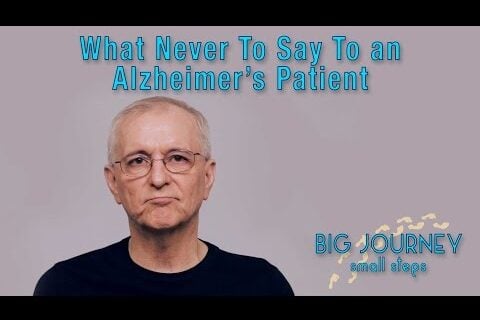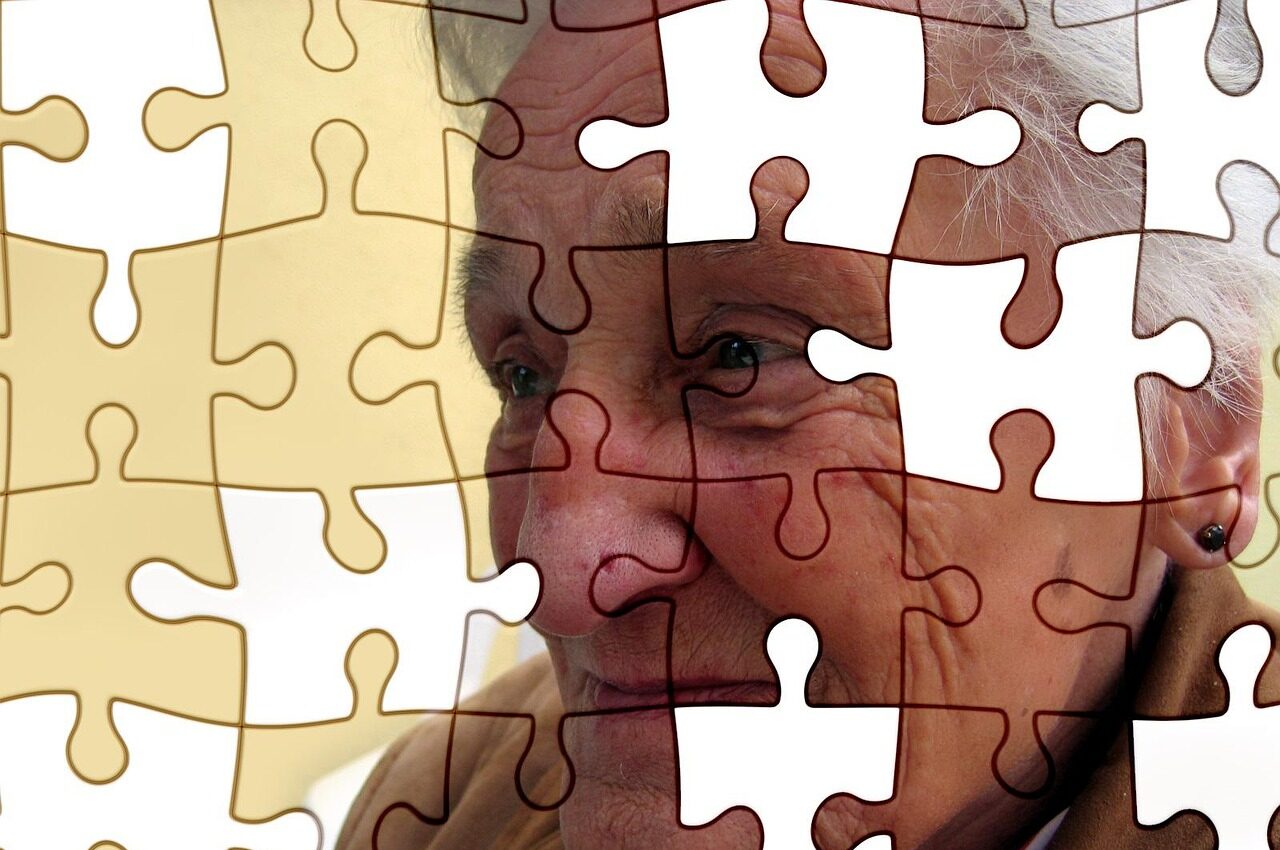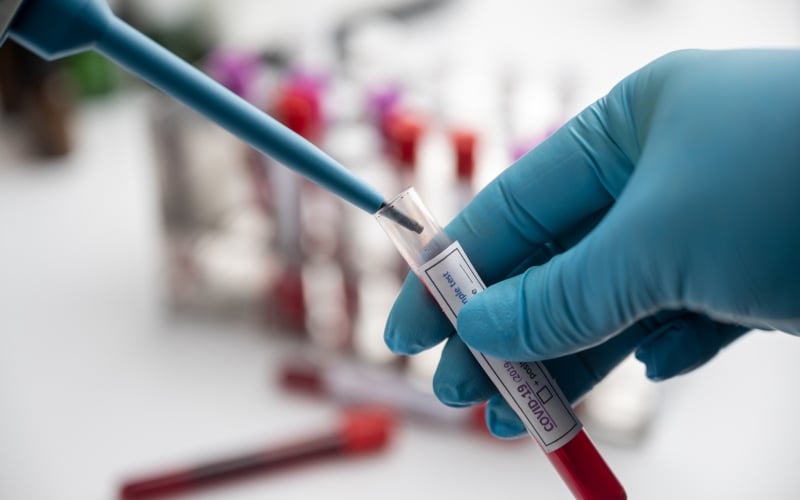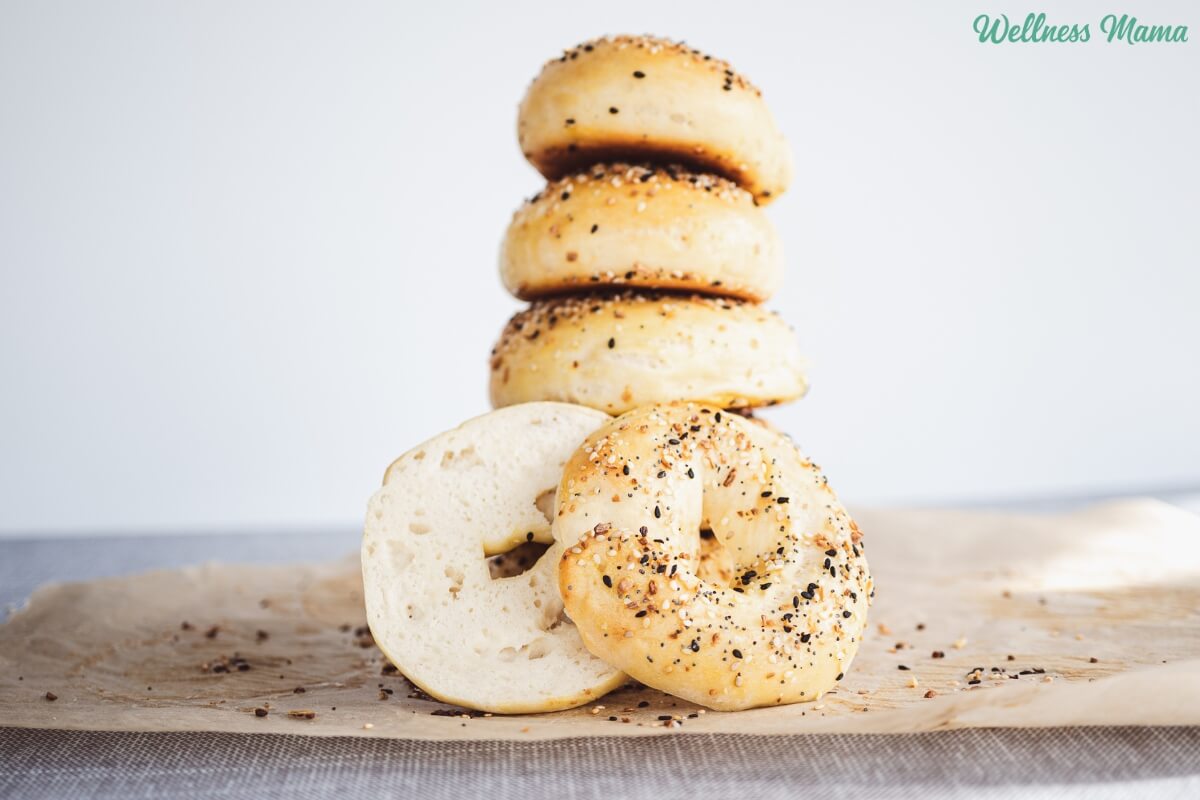Ashleigh Butterss looked like she was living the perfect life with a university degree, husband, good job and her own apartment but behind closed doors she was battling a serious alcohol addiction.
The 35-year-old took her first sip of alcohol before she had even hit her teenage years and by the time she was in her twenties she was getting drunk to the point of passing out almost every day.
After one all-night bender, Ash checked herself into rehab and is now approaching the three year anniversary of her last ever alcoholic drink.
Ash, from Melbourne, was just 12 years old when she had her first drink at her parents’ friend’s Christmas party and felt ‘instantly’ hooked to the feeling it gave her.
‘Alcohol gave me this sense of ease that I’d been looking for my entire life. For the first time, the inner critic was silenced and I felt peace and acceptance,’ she told FEMAIL.

Ashleigh Butterss (pictured), from Melbourne, has told of how she went from a high functioning alcoholic to a daily dependent drinker to completely sober




Before and After: Ash first had alcohol when she was 12 and was a social binge drinker by the time she was in her twenties (left). She is now approaching three years sober
‘I loved the feeling so much that I continued to drink until I blacked out. My parents were furious with me but the grounding I received wasn’t enough to deter me from drinking again.’
Her tumultuous childhood growing up with her mum, dad and older brother in an ‘alcoholic, dysfunctional, less than nurturing environment’ left her with perfectionist and people-pleasing tenancies.
‘This meant that from a very early age I became an expert at wearing different masks and changing myself to suit whoever I was around. I had a fundamental belief that I wasn’t good enough and an intense fear of abandonment,’ she said.
Throughout school Ash was a self-described over-achiever: She was a prefect and music captain who received top grades but on the weekends she was using drugs and alcohol as an ‘escape’ to ‘anaesthetise’ her feelings of ‘worthlessness and unlovability’.
Are you or someone you know struggling with addiction? Here are eight subtle signs to look out for
You or someone you know might be drinking too much if they:
- have a strong urge to drink
- cannot control how much they drink
- need to drink more over time to get the same good feeling
- drink while alone, or hide alcohol from members of the household
- struggle with work, education or relationships
- lie about how much they drink
- drink early in the day or are anxious about when they will be able to drink
- forget what they said or did while they were drinking
Source: Health Direct
<!—-> AdvertisementIn her twenties, Ash had ‘ticked all of life’s boxes’ having completed a degree in journalism with a distinction, gotten married and bought her own apartment but she was secretly living as a high-functioning alcoholic and social binge drinker.
‘I would drink three to four times per week, either out with friends or at home with my partner. It never really occurred to me at that time that I might have a problem with alcohol,’ she said.
‘I thought it was completely normal to drink to the point of passing out. I also had a strong constitution which meant the late nights and hangovers weren’t impacting too much on my day-to-day operating.’
Ash could happily nurse a glass of wine while drinking at home with her now ex-husband but every time she went to top up she would be sneaking swigs of vodka from a bottle in the freezer.
‘The more I drank, the more I needed as my tolerance built up and I needed more to achieve the anaesthesia I was seeking,’ she said.


At school Ash was a prefect with top grades but on the weekends she used drugs and alcohol as an ‘escape’ to ‘anaesthetise’ her feelings of ‘worthlessness and unlovability’




In her twenties, Ash ticked all of life’s boxes having gone to uni, gotten married and bought an apartment but she was getting wasted three or four night every week
After the death of her brother-in-law in February 2018, Ash became a daily drinker to cope with her grief.
‘At that time, I didn’t have the awareness or tools to know how to process the grief so I turned to the only thing I knew that would number the pain – alcohol,’ she said.
She developed a vicious cycle of drinking to excess each evening, waking up with regret then justifying another drink by the time the day was over.
‘I would wake up each morning with a splitting headache, dry mouth and this dreaded feeling of guilt, shame and remorse as I tried to recall my behaviour from the night before,’ Ash said.
‘Who had I called? What had I said? As I stood in the shower each morning, trying to wash away the hangover, I’d swear to myself that I wasn’t going to drink again that day.’
Throughout the day as her hangover subsided, the voice in Ash’s head telling her ‘one more drink won’t hurt’ would get louder and louder until she found herself ‘like clockwork’ stopping by the bottle shop on the way home from work.
She vividly recalls the moment, almost exactly two years after she became a daily drinker, she knew she needed to make a change.
Ashleigh was on a work trip and had been invited out to a bar with some colleagues but declined, fearing how she would behave once she started drinking.
However, when a friend called inviting her out she decided to meet up for ‘one drink’.
‘But it wasn’t just one drink, it never was,’ she said.
‘I was aware that I had lost the power of choice. Despite my best efforts, I was drinking against my will.’
One drink turned into an all-night bender and Ashleigh returned home the next morning, only to be greeted by her mum at the kitchen table.


After the death of her brother-in-law in 2018, Ash became a daily drinker to cope with her grief: ‘I turned to the only thing I knew that would number the pain – alcohol,’ she said


She developed a vicious cycle of drinking to excess in the each evening, waking up with regret then justifying another drink by the time the day was over
‘The look on her face when I arrived home was devastation and defeat. It was in that very moment that I knew I couldn’t keep living the way I’d been living,’ she said.
‘I couldn’t keep hurting the people that loved me. I needed to take responsibility for my life and I knew I needed help to do so.’
Rehab was no easy feat but thankfully Ash was not one of the 70 per cent of addicts who experience a relapse.
She left rehab in 2020 just before Australia was plunged into lockdown which Ashleigh said ‘was both a blessing and a curse’.
For the first 12 months of her sobriety, Ash was unable to continue her follow-up therapy program at the facility however because the world had gone into isolation there were no weddings, birthdays or social gatherings where she would have been tempted to have a drink.
‘As long as I didn’t have alcohol in the house, I was removed from temptation,’ she said.
‘By the time I re-entered the real world, I had one year of sobriety under my belt and I felt much better equipped to be around people who were drinking.’


Her first year out of rehab Australia was plunged into lockdown meaning there were no birthdays, weddings or social gatherings where she might have been tempted to have a drink (pictured with her mum)


Ash has been able to navigate major life changes like moving cities and going through a divorce all with her sobriety in tact and said she is lucky to have her support network
Now when Ashleigh is going somewhere she knows there will be alcohol, she makes sure to both arrive and leave early and has a friend know her whereabouts to help her stay ‘honest and accountable’.
‘I didn’t get sober to live a boring life and you certainly don’t have to. For me it’s about staying vigilant and connected to my program,’ she explained.
Ashleigh has been able to navigate major life changes including moving cities and going through a divorce all while keeping sober, and said she is lucky to have the support of her family and friends.
Having gone through recovery from alcoholism in 2010, her father was also a big help in navigating her journey to getting sober.
Ashleigh is publicly open about her addiction and recovery and hosts a podcast Behind the Smile speaking to experts and those who have been through similar struggles.
‘I interview people who are in recovery and almost every time I hear their stories, they will say to me “I didn’t think I was an alcoholic because I wasn’t living under a bridge with a bottle of whiskey”,’ she said.
‘The reality is, this is only a reflection of alcoholism in its final stages. There are many bus stops along the road to hell and you can get off at any point with the right support.’


When Ash is going somewhere she knows there will be alcohol she makes sure to arrive and leave early and has a friend know her whereabouts so she stays ‘honest and accountable’. She is publicly open about her addiction and recovery and hosts a podcast Behind the Smile speaking to experts and those who have been through similar struggles
Where to get help: Resources and support for alcohol addiction
Contact the Alcohol Drug Information Service in your state or territory for free 24-hour counselling:
- Australia Capital Territory: (02) 6207 9977
- New South Wales: 1800 422 599 (regional), (02) 9361 8000 (metropolitan)
- Northern Territory: 1800 131 350
- Queensland: 1800 177 833 (regional), (07) 3837 5889 (metropolitan)
- South Australia: 1300 131 340
- Tasmania: 1800 811 994
- Victoria: 1800 888 236
- Western Australia: 1800 198 024 (regional), (08) 9442 5000 (metropolitan)
Visit these websites for further information and support:
Source: Health Direct
<!—-> AdvertisementSource: | This article originally belongs to Dailymail.co.uk
Original Article










